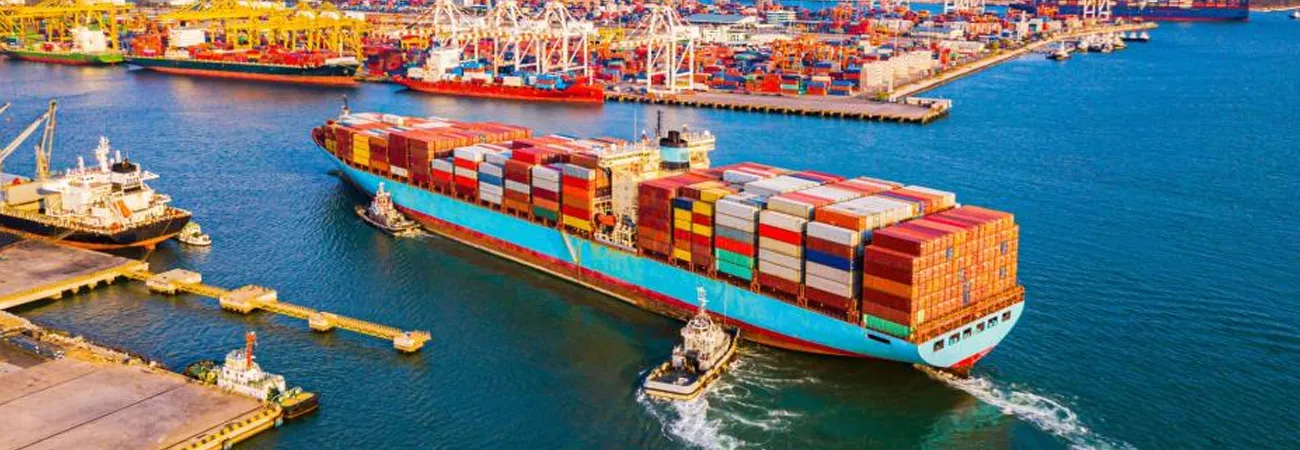i ECONOMY
In a ground-breaking shift, Pakistan's Large-Scale Manufacturing (LSM) sector has witnessed a significant upswing, expanding for the second consecutive month in September. Data unveiled by the Pakistan Bureau of Statistics (PBS) shows a remarkable year-on-year growth of 1.01%. The impetus behind this remarkable turnaround can be traced to the strategic governmental measures aimed at facilitating trade. Specifically, the streamlining of procedures related to opening letters of credit (LCs), which were previously restricted to select consumers and essential sectors, played a pivotal role in revitalizing the LSM landscape, said Asad Rehman Gilani, Additional Secretary at the Ministry of Industries and Production. Talking to WealthPK, he said a confluence of factors contributed to this resurgence, including the removal of import restrictions, the clearance of outstanding LCs, and increase in dollar liquidity in the markets following a noteworthy increase in the State Bank foreign reserves. Taken together, these policy changes have spurred a resurgence of economic activity in the manufacturing sector.
"The surge in LSM can be primarily attributed to the heightened production in key sectors, with the garments industry taking the lead, closely followed by food, petroleum products, and pharmaceuticals. Notably, September saw a positive growth in 14 out of 22 sectors, including food (1.38%), wearing apparel (47.94%), pharmaceuticals (29.53%), petroleum products (17%), electrical equipment (3.92%), machinery and equipment (148.21%), and chemicals (1.70%)," he highlighted. "Despite this overall positive trajectory, the textile sector faced a setback, witnessing a substantial 21.76% decline in production in September compared to the previous year. This contraction was particularly pronounced in yarn (29.79%) and cloth (17.20%), while other textile products reported a nominal growth," he added. He added that in the food group, wheat and rice production experienced a decline of 7.69%, contrasting with notable surges in cooking oil (33.18%) and blended tea (14.22%). However, vegetable ghee output saw a marginal dip of 1.75%.
He explained that the petroleum products segment exhibited a positive growth of 17% in the third month of the Fiscal Year 2023-24, driven by increased production in petrol (18.47%), high-speed diesel (29.59%), LPG (10.76%), and a 6.38% rise in kerosene, while other petroleum products faced a negative growth. Iron and steel production saw a conspicuous decline of 1.74% in September, whereas electrical equipment production witnessed a commendable increase of 3.92%. Fertilizers recorded a rise of 2.23%, while rubber items contracted by 2.08%. Pharmaceuticals, on the other hand, demonstrated an impressive surge of 29.53%. The auto sector faced a significant setback, experiencing a 22.88% slump in September. This downturn was evident across all vehicle categories, except tractors, with inflationary pressures and tight auto financing playing a key role in the industry's challenges. The auto sector remains under scrutiny, as it navigates these challenging conditions.
Credit: Independent News Pakistan (INP)









